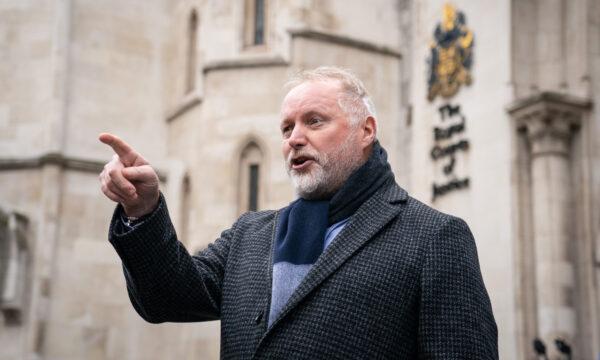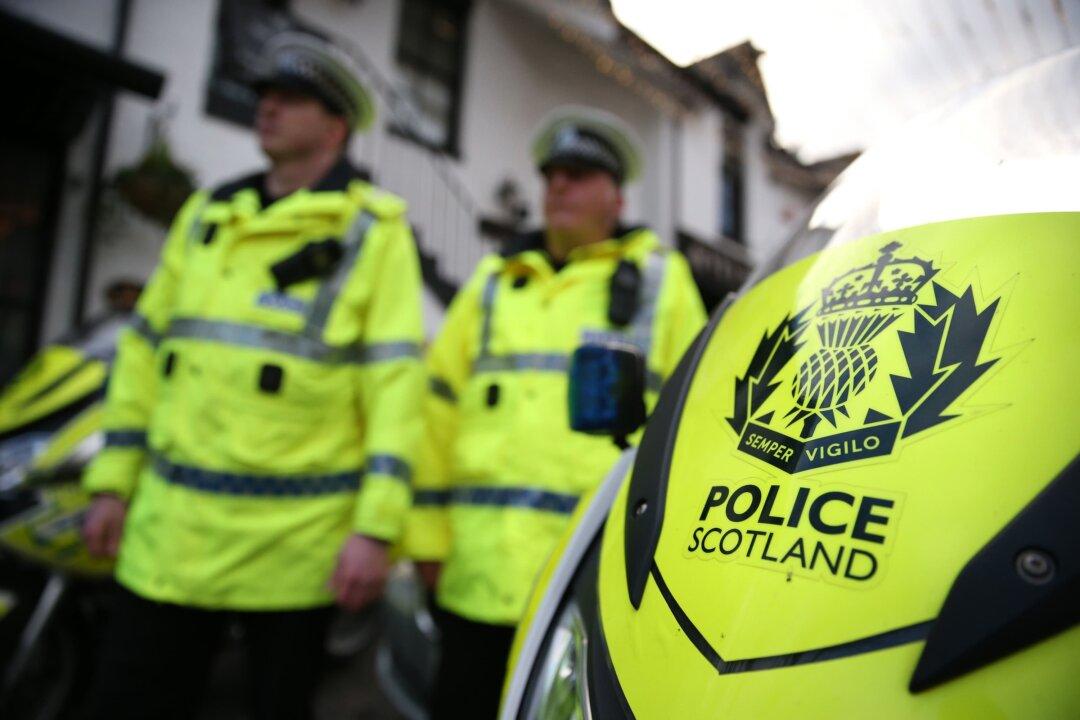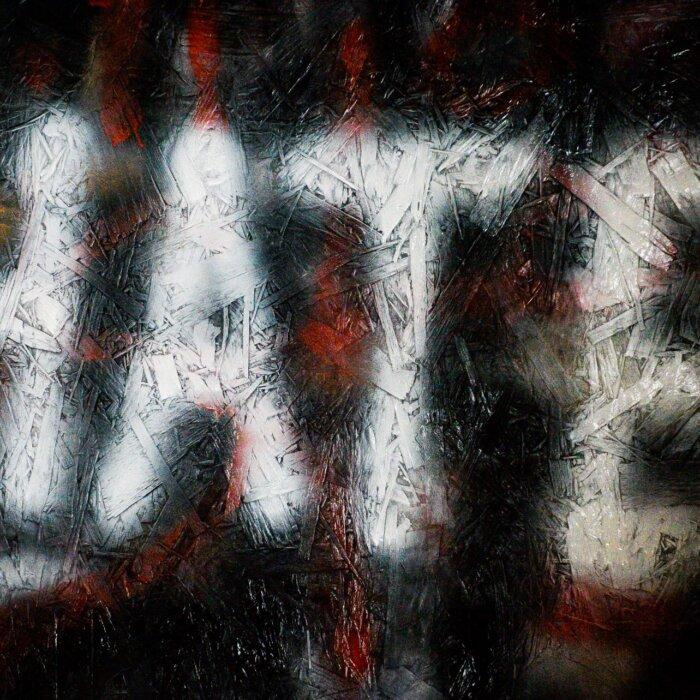Data from Police Scotland have revealed a 99 percent downturn in the number of reports filed under controversial hate crime legislation, ministers said on Wednesday.
When the Hate Crime and Public Order (Scotland) Act was enacted on April 1, it sparked a large number of claims in its first week, with 7,152 hate reports made online.
However the number of reports has dropped dramatically in seven weeks.
She said that “we have seen so many reports since implementation [it] reinforces the importance of the hate crime act.”
“People and communities who are at the sharp end of hatred in their daily lives, simply for being who they are, should rightly look to this Parliament to stand with them, which the Scottish Government will continue to do,” added Ms. Brown.
A Police Scotland spokeswoman told The Epoch Times by email, “The number of complaints have gone down because of the thousands of anonymous complaints we received in the first few days driven by online commentary.”
Hate Crime and Public Order
Scottish Justice Secretary Angela Constance has previously defended the country’s hate crime law, citing 240 recorded hate crimes in the first week as evidence it is “needed to protect marginalised and vulnerable communities.”The controversial law creates a new crime of “stirring up of hatred offences” for protected characteristics including “age, disability, religion, sexual orientation, and transgender identity.”
Police have also set up designated “Hate Crime Third Party Reporting Centres,” which include housing associations, victim support offices, voluntary groups, and private businesses such as fish farms, caravan parks, and even a sex shop in Glasgow.
The act has been described as “dangerous,” and that it could see people prosecuted in their homes, by a range of free speech groups and Scottish Conservative MSPs.
NCHIs
During the same meeting in the Scottish Parliament, Conservative MSP Murdo Fraser asked the Scottish Government what discussions it has had with Police Scotland in relation to its guidance on recording non-crime hate incidents (NCHIs).NCHIs are described as “any non-crime incident which is perceived by the victim or any other person to be motivated by hostility or prejudice.”
Mr. Fraser had written that “choosing to identify as ‘non-binary’ is as valid as choosing to identify as a cat. I’m not sure governments should be spending time on action plans for either.”
A transgender activist then reported his post to Police Scotland, claiming that it constituted hatred against non-binary or transgender people.
Despite no crime being committed, a “hate incident (non-crime incident)” was recorded against Mr. Fraser without his knowledge.

‘Miller Judgment’
Mr. Fraser said that he was aware that, following concerns that he and others raised about the lawfulness of Police Scotland’s policy on recording non-crime hate incidents, it has now changed its policy to “bring it into line with the Miller judgment.”In 2021, a top court ruled that CoP’s guidance on recording NCHIs violated Mr. Miller’s freedom of expression as set out in Article 10 of the European Convention of Human Rights (ECHR).
In response, Mr. Miller, who set up Fair Cop in response to what it calls “Big Brother” overreach of police forces, told The Epoch Times that he welcomes authorities updating their non-crime hate incidents policy.
“It’s the correct decision, albeit coming very late,” said Mr. Miller.
“The Miller ruling was based on the ECHR, which the Scottish Government claims to love. The recording of non criminal hate by the police is, and must remain, unlawful,” he added.






